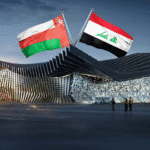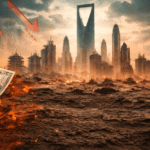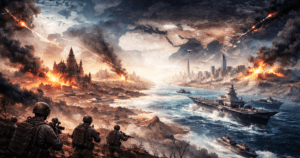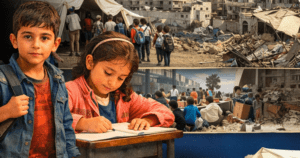In a fast-paced digital world dominated by fleeting content, literature continues to hold its sacred place as one of humanity’s most enduring and meaningful art forms. It is more than just written words—it is a mirror to our souls, a map of our emotions, and a timeless bridge between cultures. Literature speaks when people cannot; it captures the human experience in all its complexity, from the ecstasy of love to the depths of sorrow, from rebellion to redemption. As Samuel Johnson once said, “A writer only begins a book. A reader finishes it,” capturing the essence of how literature becomes a shared journey. From Homer’s ‘Odyssey’ to Khaled Hosseini’s ‘The Kite Runner’, every story becomes a vessel of human truth, transporting us across time and space.
Throughout history, literature has given voice to the silenced. Whether it’s Maya Angelou’s powerful memoirs or Chinua Achebe’s postcolonial narratives, the written word has challenged injustice and empowered the unheard. It is a form of resistance and resilience. Through literature, cultures preserve their identity and share their worldview. Persian ghazals, Japanese haikus, African folklore, and Latin American magical realism offer not only aesthetic pleasure but also deep cultural insight. UNESCO’s World Book Capital initiative celebrates this very spirit of global storytelling—Strasbourg being the 2025 host, embracing its multilingual heritage and encouraging dialogue through books.
In today’s digital era, literature has taken on new forms. E-books, audiobooks, fan-fiction platforms, and AI-assisted writing have opened doors to millions. But while artificial intelligence can mimic form, it cannot replicate the emotional pulse of a human writer. Oliver Wendell Holmes once said, “Language is the blood of the soul,” emphasizing the intrinsic connection between feeling and words. The soul behind unforgettable lines like “It is a truth universally acknowledged…” by Jane Austen or “So it goes.” by Kurt Vonnegut remains uniquely human. Even with innovation, literature continues to thrive in classrooms, book clubs, podcasts, and therapy rooms. Bibliotherapy—the use of literature for emotional healing—is now a recognized tool, with libraries in cities like Berlin offering “healing shelves” for readers seeking comfort and clarity. As Kafka poignantly noted, “A book must be the axe for the frozen sea within us.”
Over centuries, countless literary legends have shaped the human narrative. Among the timeless greats are William Shakespeare, whose plays explore the depths of the human psyche; Leo Tolstoy, the philosopher of morality; Homer, the foundation of Western epic storytelling; Dante Alighieri, the visionary of divine journeys; and Fyodor Dostoevsky, the psychologist of the soul. In the modern literary landscape, names like Gabriel García Márquez, Haruki Murakami, Chinua Achebe, Toni Morrison, and Orhan Pamuk have redefined storytelling across continents. Nobel laureates such as Rabindranath Tagore, Pablo Neruda, Hermann Hesse, Kazuo Ishiguro, and Albert Camus have enriched the literary world with poetry, philosophy, and passion. The canon would be incomplete without the pioneering contributions of women writers like Virginia Woolf, Jane Austen, Isabel Allende, Margaret Atwood, and Arundhati Roy, who challenged norms and brought diverse perspectives into the spotlight. Despite the rise of streaming platforms and the dominance of social media, literature remains resilient. It evolves, adapts, and reinvents itself. Challenges such as censorship, declining attention spans, and digital overload persist, but so do opportunities—through translations, youth literature, global festivals, and storytelling apps. As Neil Gaiman beautifully puts it, “Books are the way we communicate with the dead. The way we learn lessons from those who are no longer with us.” Literature is not just a reflection of the past—it is a living, breathing art form that continues to shape minds, heal hearts, and inspire movements. As long as humans crave meaning, connection, and truth, literature will not fade. It will flourish, page by page, word by word—forever whispering, teaching, and transforming.

















